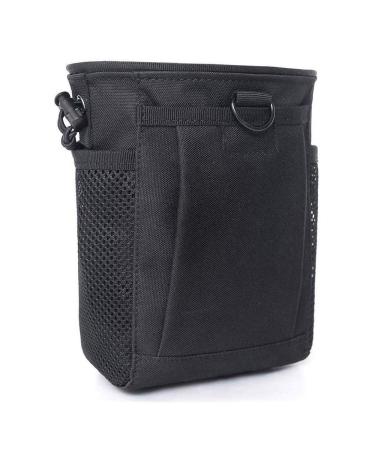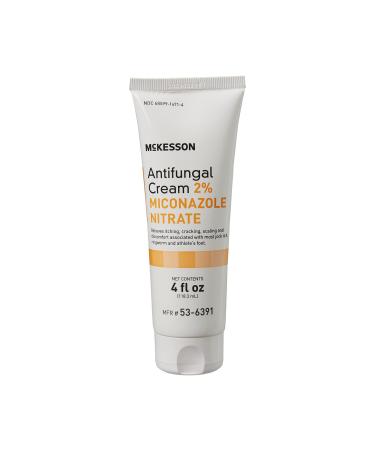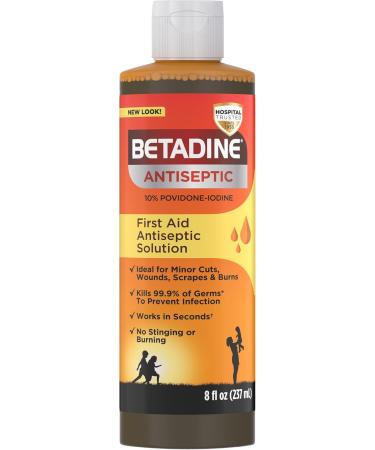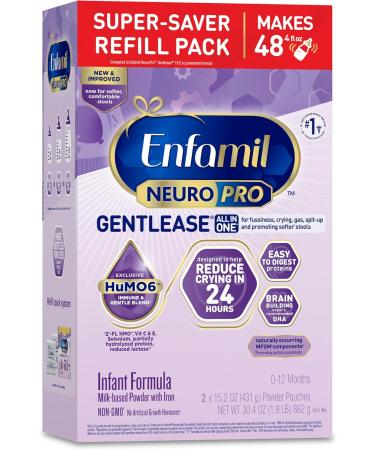Name of Food Additive:
Sorbitol Powder
E Code:
E420i
Net Quantity:
5 kg
Physical Structure:
Powder
Solubility:
Water Soluble
Allergen Information:
Contains gluten and sulfite.
Lot No:
For backward traceability, the lot numbers of allraw materialsand packaging materials are recorded.
The product lot number is located on the product packaging.
Functional Class of Food Additive:
Nem Donors
Metal Binders
Name of the Source of the Food Additive:
Corn
Foods to which Food Additives can be added:
It is used in permitted finished products, taking into account relevant limitations, in accordance with the regulations in the Turkish Food Codex Food Additives Regulation and vertical communiqués.
If the necessary information cannot be found in the regulations and communiqués, the relevant country's legal regulatory authorities can be consulted.
Special Storage Use Conditions:
Keep tightly closed in a cool, dry place.
Commercial Name and Address of the Food Business Operator:
Smart Kimya Tic. ve Dan. Ltd. Sti.
Ege Sanayi Sitesi Balatçik Mah. 8901 3 Sok. Manufactured in No:3 3AO Çigli Izmir facilities.
Manufacturer Business Registration Number:
TR-35-K-047442
Origin:
Turkey (The origin of the main ingredient of the food is different from the origin of the final product.)
Instructions for Use:
In accordance with the Turkish Food Codex Food Additives Regulation, the product should be used in accordance with the vertical communiqués regarding the finished product being produced or planned to be produced, taking into account the foods to which it can be added, the conditions of use, maximum quantities, and restrictions.
If use is planned in countries other than Turkey, the legal regulations of the relevant country should be taken into account.
Product performance may vary depending on production conditions, the structure and performance of machinery and equipment, seasonal variables, and other raw materials.
Before determining the optimal amount, trials should be conducted with minimum quantities, taking into account the restrictions specified in the Turkish Food Codex Food Additives Regulation.
Area of Use Purpose of Sale:
For use in food.
Technical Information:
Sorbitol, coded E420, is a natural carbohydrate found in many fruits, both berries and fruit, such as apples, prunes, cherries, and grapes.
Its sweetening power is half that of sucrose, and its calories are equivalent to those of table sugar.
Although it is known that after absorption, it is converted to fructose and burned in the same way, the exact rate at which the body burns this sugar is unknown.
Sorbitol, which remains stable during storage, has excellent fluidity and compressibility during processing.
It is used in the confectionery industry due to its viscous and moisturizing properties and its ability to increase the absorption of vitamins B12, B1, and C.
Sorbitol, which is very easily soluble in water, is only slightly soluble in alcohol, methanol, and acetic acid. Sorbitol, the most commonly used sugar alcohol, has a sweetness between 1 3 and 1 2 that of sucrose, depending on concentration and temperature, and is generally found as a 70 crystalline solution.
Sorbitol is naturally found in fruits, especially berries, and is also prepared by high-pressure, catalyst-assisted hydrogenation of glucose derived from corn starch.
Production Methods:
Production is carried out in three categories: catalytic hydrogenation, electrocatalytic hydrogenation, and enzymatic.
From an economic perspective, catalytic hydrogenation is currently the most accepted. Sorbitol is obtained by saturating dextrose with hydrogen under high pressure (40-100 bar) and high temperature (100-170 C) in the presence of a Raney nickel or Ruthenium catalyst. It has a calorie content of 2.6kcal g.
Sorbitol, which finds applications in the food industry as a sweetener and humectant, serves as an excipient in the pharmaceutical industry and is also added to the formulations of toothpaste, chewing gum, cough drops, cosmetics, and tobacco products.
Sorbitol solution, which is also used in the production of polyethers, provides a refreshing sensation in the mouth due to its endothermic dissolution enthalpy. Excessive consumption can have a laxative effect.
Sorbitol, which is unaffected by insulin and does not increase blood sugar levels, is widely used in the formulation of products for diabetics.
While it does not cause plaque formation on teeth, it is a good additive for chewing gum, acting as a humectant and sweetener in these products. Also used as a flavoring agent, sorbitol does not decompose and is used in the pharmaceutical industry as a raw material for vitamin C production and as a substitute for glycerin.









![Stewart Freeze Dried Dog Treats Made in USA [Single Ingredient Puppy and Dog Training Treats - Grain Free Natural Dog Treats] Resealable Tub to Preserve Freshness - Buy Online on GoSupps.com](https://www.gosupps.com/media/catalog/product/cache/25/small_image/375x450/9df78eab33525d08d6e5fb8d27136e95/6/1/61gwbbixarl._ac_sl1500_.jpg)



